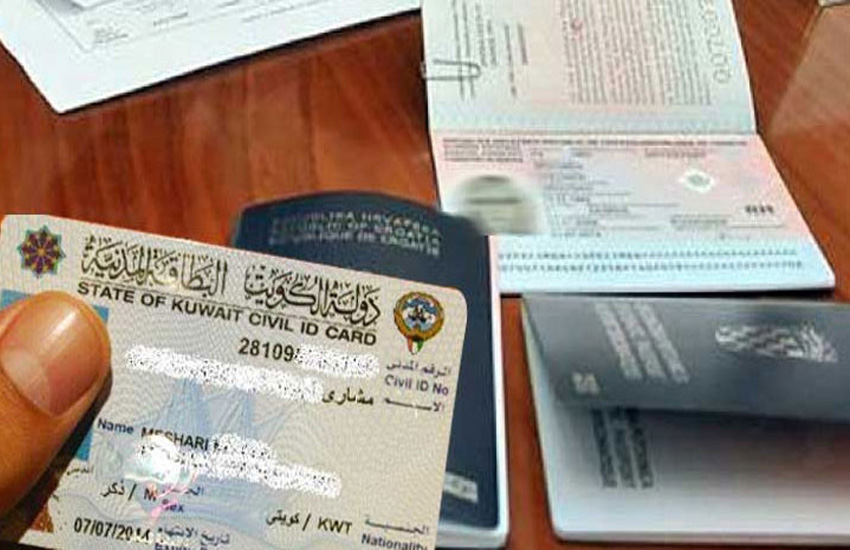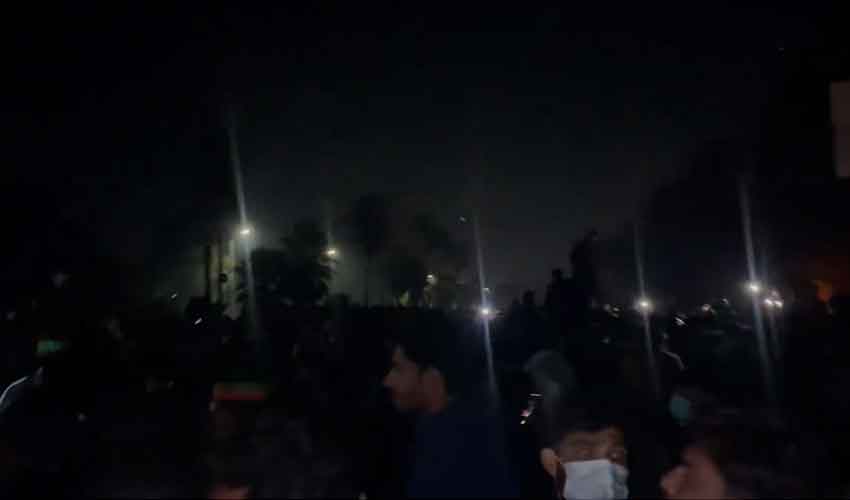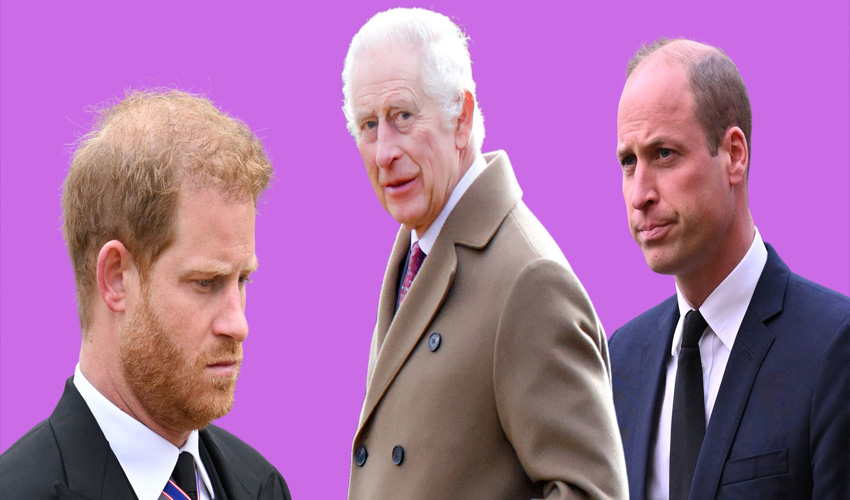In a significant move aimed at attracting skilled professionals and fostering a more inclusive environment, Kuwait has announced major adjustments to its residency visa rules.
Deputy Prime Minister Fahd Al Yousef, overseeing the Expats’ Residence Law, has spearheaded the amendments that bring about notable changes, particularly in the acquisition of regular residency for family members.
According to the revised Article 29, newcomers applying for a dependent or family visa must now have a monthly salary of at least KD800, a university degree, and a profession relevant to the visa application. However, breaking away from traditional norms, the degree requirement has been eliminated for a select list of professions.
The Acting Undersecretary has been entrusted with the responsibility of implementing the decision, as outlined in the second article of this revision, which takes effect from its publication date in the Official Gazette.
One of the groundbreaking changes includes the exemption of individuals aged 0-5, born in Kuwait or abroad, from the salary requirement if their parents are residing in Kuwait. This exemption, however, is subject to the approval of the Director General of the General Administration of Residence Affairs.
The following professions have been granted relief from the university degree requirement:
- Advisors, judges, prosecutors, experts, and legal researchers in the government sector.
- Medical professionals, including doctors and pharmacists.
- University, college, and higher institute professors.
- School administrators, vice principals, education mentors, teachers, social workers, and laboratory attendants in the government sector.
- Financial and economic advisors in universities.
- Engineers.
- Imams, preachers, and muezzins in mosques.
- Librarians in government agencies and private universities.
- Ministry of Health staff, including nurses, paramedics, medical technicians, and social service workers.
- Social workers and psychologists in the government sector.
- Journalism, media professionals, and correspondents.
- Sports coaches and athletes in federations and clubs.
- Pilots and flight attendants.
- Professionals overseeing burial preparations and services.
This move is expected to not only make the residency process more accessible for individuals in these professions but also contribute to Kuwait's goal of enhancing its workforce and promoting diversity in its expatriate community.
























